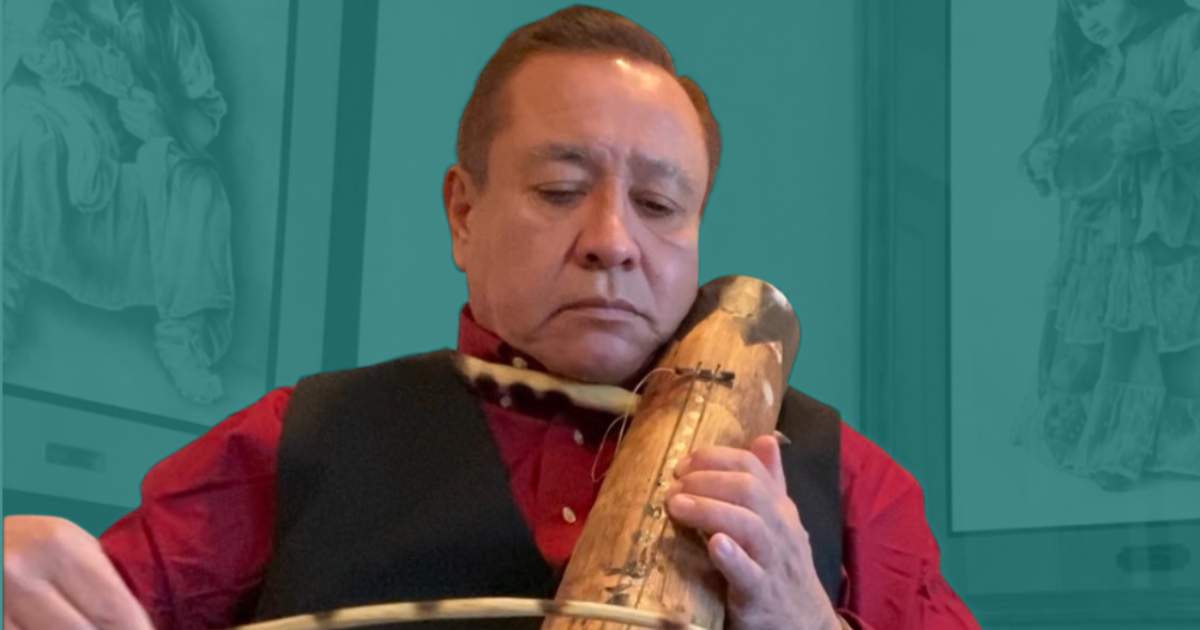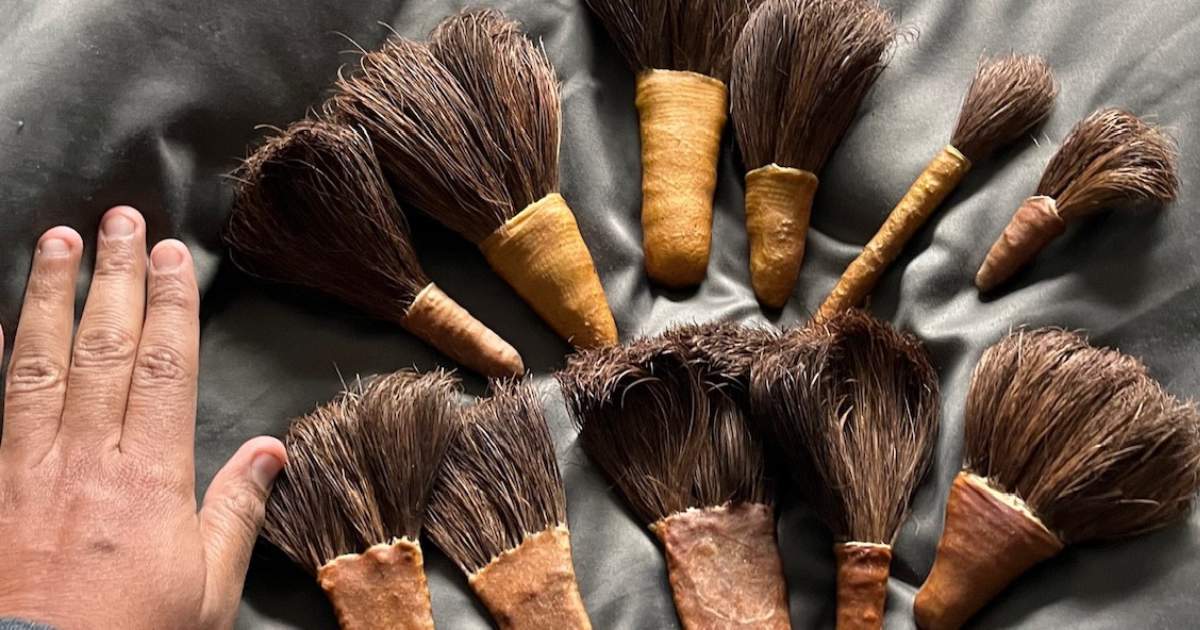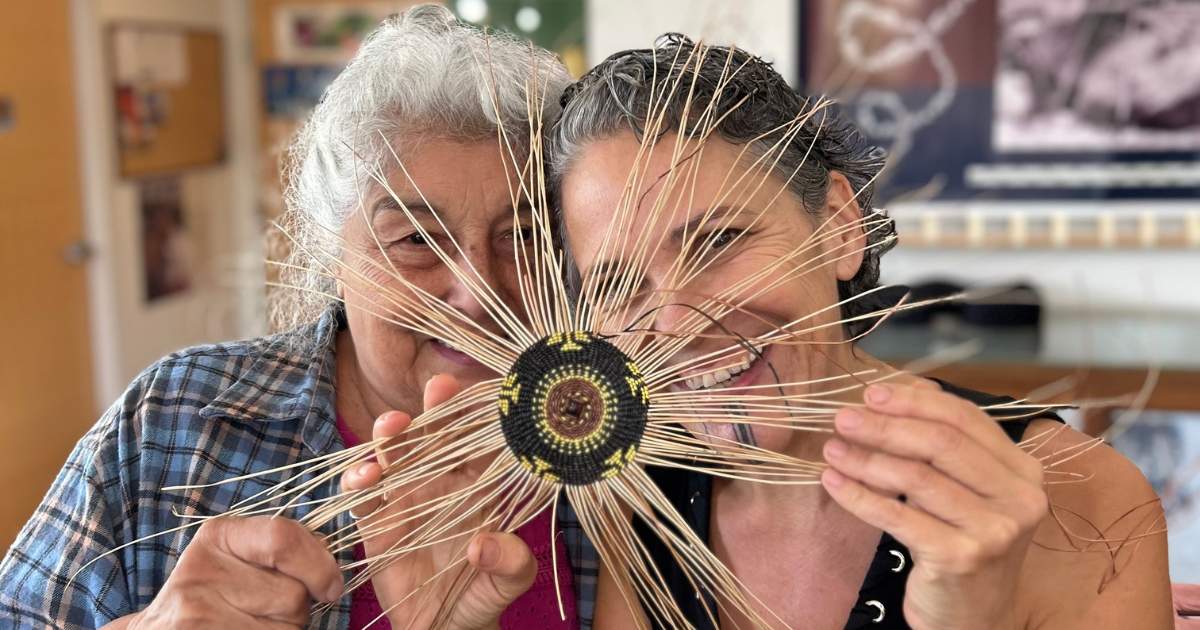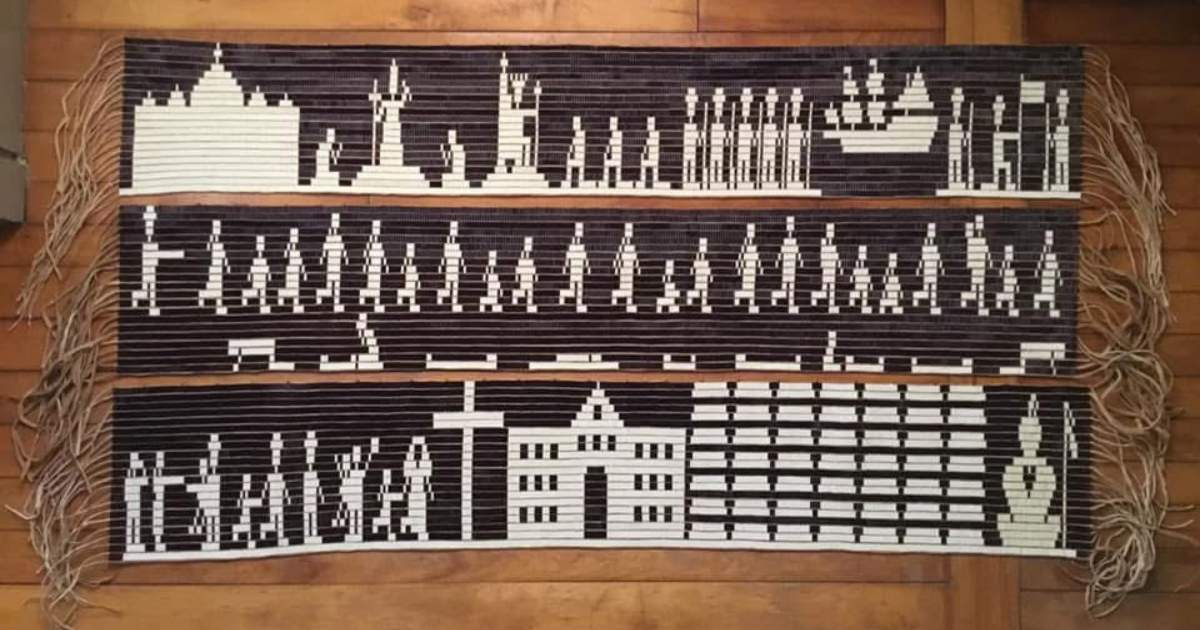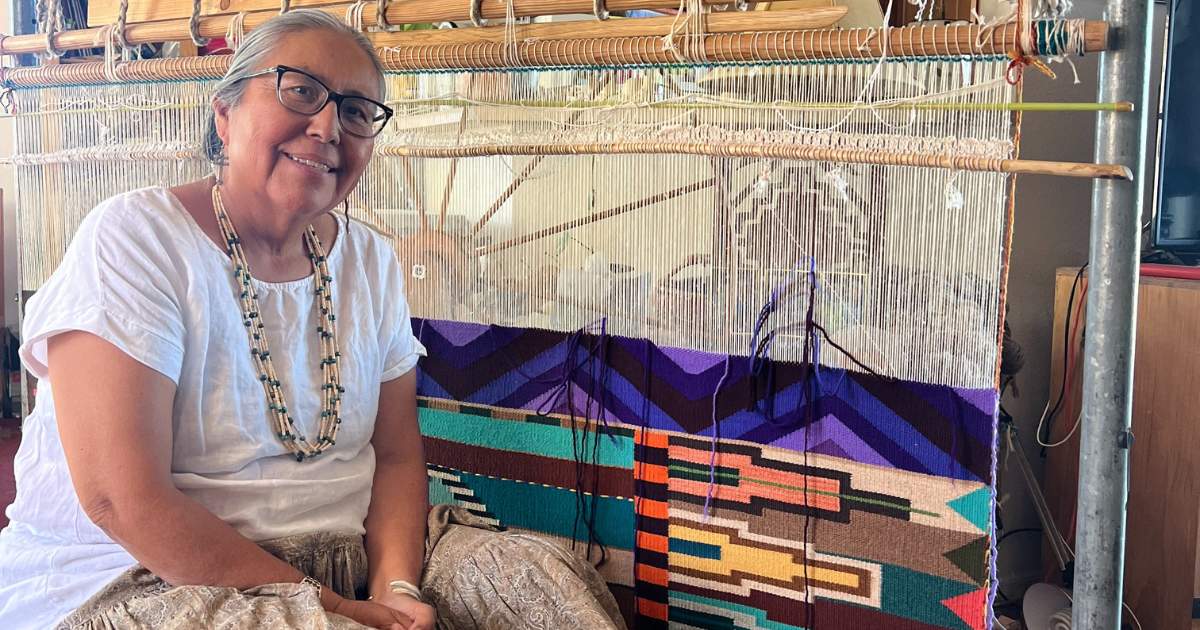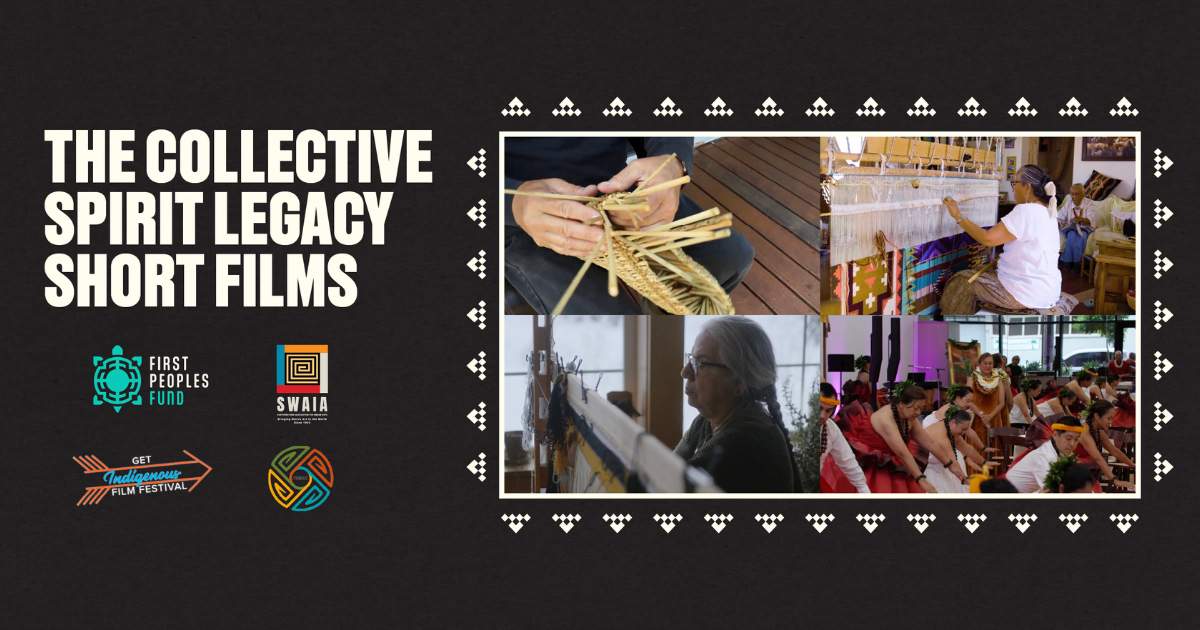
Performing Arts: Broadening Our Training Curriculum
A fresh look — evolved, expanded, and with room to grow. First Peoples Fund recently completed a revision of our Native Artist Professional Development Training curriculum, weaving in the business needs of performing artists. As the number of these artists coming in for training increased, we recognized the call to address their unique business development needs.
Thanks to the Andrew W. Mellon Foundation, the Native Artist Professional Development training (NAPD), which was originally developed primarily for visual artists, now includes specific issues performing artists face.
"Led by our Community Spirit Award culture bearers, First Peoples Fund worked closely with our artist fellows and alumni and community partners from within our network for over two years to thoughtfully adapt the curriculum to be more relevant to the needs of Native performing artists," said First Peoples Fund President and CEO Lori Pourier (Oglala Lakota).
"Performing artists have always been an important part of our family, and now we are able to more effectively help them grow as entrepreneurs and support them as leaders within their communities."
FPF staff worked with Native performing artist fellows and CSA alumni Wade Fernandez (Menominee), Pura Fe Crescioni (Tuscarora) and Jennifer Kreisberg (Tuscarora) and performing arts organizations from within our network, such as the PA'I Foundation, National Performance Network and Pangea World Theater, as well as consultant Julie Dalgleish, and veteran NAPD trainers Kimberly Tilsen-Brave Heart (Oglala Lakota) and Ron Martinez-Looking Elk (Isleta/Taos Pueblo), to complete the new curriculum.
“Native people have been performing artists for a very, very long time,” Kimberly said. “Sometimes, they are unaware of their own value and the business aspects of transactional relationships. What is the expectation for a performing artist? How do they manage relationships, contracts and logistics with an event producer, manager or booking agent? This new curriculum is built to give people a better understanding of those aspects.”
Several current and past performing artist fellows, a past Community Spirit Award honoree, and spoken poets who are part of the Dances with Words program attended a recent pilot training on the Pine Ridge Reservation in South Dakota led by Kimberly and Ron. The poets who attended were surprised by the notion of being paid for presenting their poetry. Even the concept of an honorarium was foreign until they learned their value through the NAPD training.
“Understanding an artist’s value is a huge step in the success of their career,” Kimberly said. “When you understand your value, you can advocate for yourself.”
First Peoples Fund Program Manager Jeremy Staab (Santee Sioux) emphasized this by illustrating how undervaluing performances not only impacts the individual artist but the industry as a whole.
“Some of the young poets are just invited to share their poems but haven’t thought about charging for them,” Jeremy said. “Then they learned how not charging undervalues spoken word. This is true of many artists across disciplines. There are traveling artists like First Peoples Fund fellow Tanaya Winder who do charge for performances. Not charging affects the industry.”
Working with Partners, Evolving the Curriculum
Previously, the NAPD focused on business needs from the perspective of visual artists. Though all artists begin in the same place, there are different approaches moving forward when it comes to the various mediums. The NAPD kept bumping into performing artists who needed more than the curriculum offered.
To expand the NAPD training, we started two years ago with trusted partners in the performing arts field to get their insight on what these artists need for their businesses to allow them to continue with the heart of their work. We held a convening at the Pangea World Theater in Minneapolis and gathered information there. We also went to the PA’I Foundation for their knowledge of what performing arts looks like with their Native Hawaiian artists.
We worked closely with the National Performance Network. NPN reviewed our previous manual, made suggestions on what could be added on, and they shared parts of their curriculum that could be included in the NAPD.
“We had to decide whether to add performing arts at the end of each chapter or work it into the manual,” Jeremy said. “We did a mixture of both to make it as seamless as possible.”
Julie Dagleish had the role of developing and writing add-ons along with a new section in the manual.
The revised curriculum took shape.
Piloting the Revised Curriculum
Once we had a solid draft, we invited First Peoples Fund performing artist fellows and Dances with Words poets to offer suggestions at pilot trainings with Ron and Kimberly. From hip-hop and Native blues to culture bearers and young poets, conversations happened.
“We were able to call on our Native performing artists and ask for their input,” Ron said. “That was one of the most valuable things.”
Ron, an international award-winning traditional potter, has worked with Indigenous artists, leaders, and organizers from many countries including New Zealand, Japan, Greece, South Korea, Africa, Bolivia, Peru and with tribes throughout the U.S.
“We put the curriculum together based on our knowledge of working with performing artists,” Ron said, “but once we got them in the room and started delivering the curriculum, that’s when everything started to mesh.”
“We also talked about marketing,” Kim said, “how impactful social media is, and about being well-produced in putting out work you’re proud of, that represents your brand. In all the trainings, the marketing component was a huge success.”
Tightening the Training Weave
This revision of the NAPD serves to tighten the weave across and within First Peoples Fund’s programs.
“We’ve always had performing artists in the room,” Ron said, “and we’ve tailored our discussions so they’re included. But this is the first time it’s been formally introduced in the curriculum.”
Upcoming in February and March, First Peoples Fund will hold trainings for national trainers to update their certifications with the new content woven through the NAPD curriculum. They will be prepared to work more deeply with performing artists.
“We found there was this large component of Native performing artists who have no training or education available,” Kimberly said. “We wanted to fulfill that need.”




































































































